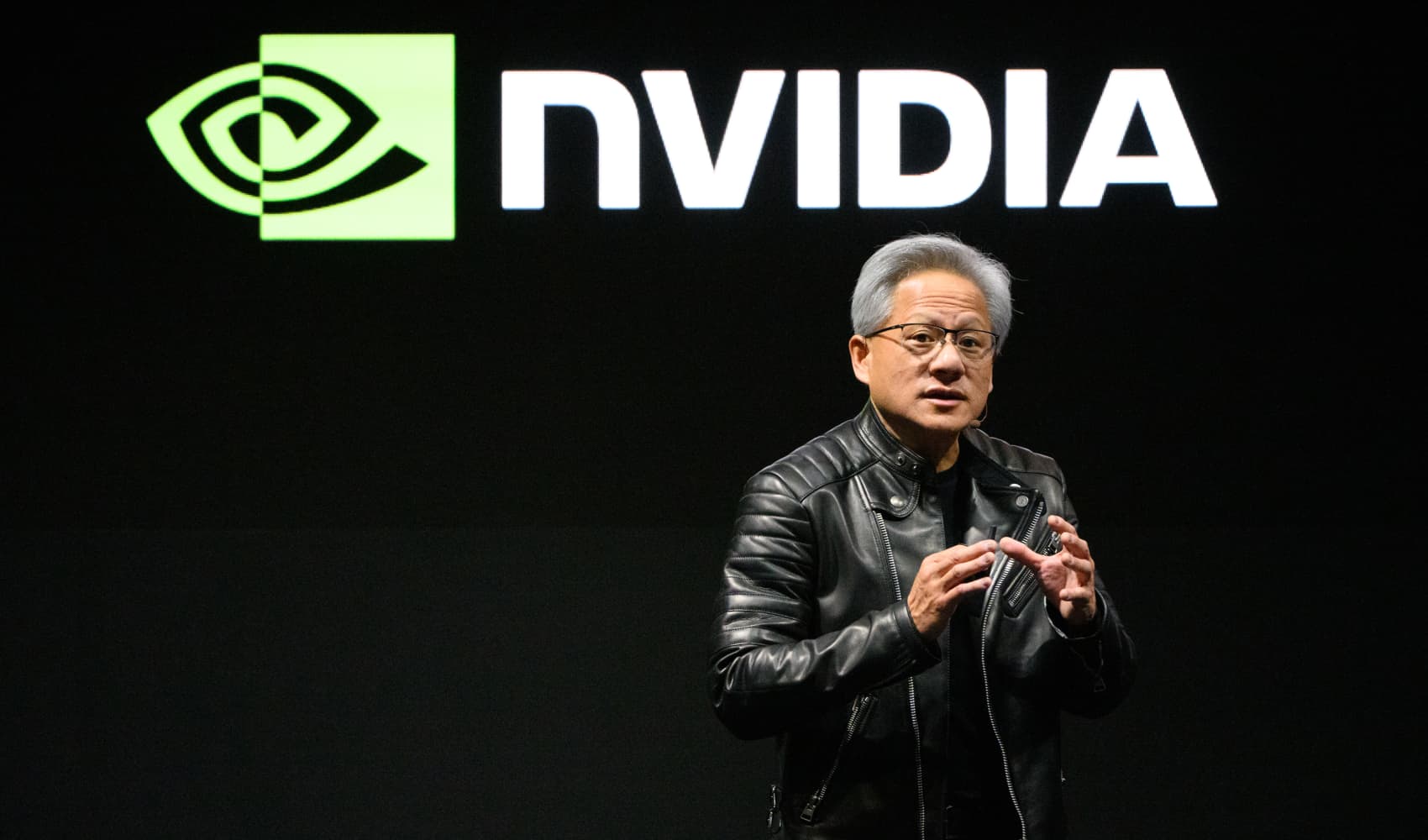
This report is from today's CNBC Daily Open, our international markets newsletter. CNBC Daily Open brings investors up to speed on everything they need to know, no matter where they are. Like what you see? You can subscribe here.
What you need to know today
Losses in Asia-Pacific
U.S. markets were closed Monday for the Labor Day holiday. Asia-Pacific markets fell Tuesday. South Korea's Kospi index lost 0.4%, while the country's consumer price index for August rose just 2% year on year, the lowest since March 2021.
Reconstruction still underway
China's housing market, plagued by bankrupt builders and dropping prices over the past few years, is still in a trough, JPMorgan's chief China economist Haibin Zhu told CNBC. And even though China's been trying to stimulate and support the market, those measures have not worked, according to analysts.
Brazil's ban on X upheld
A panel of Brazil's federal supreme court justices voted Monday to uphold the country's ban on X. On Friday, Brazil's top justice Alexandre de Moraes issued an order to ban X after the Elon Musk-owned company refused to comply with earlier court orders concerning content moderation and the appointment of a legal representative in Brazil.
Huawei tries to upstage Apple
Apple's announcing a new iPhone on Sept. 9, but Huawei wants to make sure it steals some of the company's limelight. Huawei will hold its own product launch on Sept. 10 at 2:30 p.m. Beijing time, just hours after Apple's event. Teasing the new product, Huawei executive Richard Yu said the company has "turned science fiction into reality."
Get Tri-state area news delivered to your inbox. Sign up for NBC New York's News Headlines newsletter.
[PRO] Steady green stocks
With pending interest rate cuts and an upcoming presidential election in the U.S., markets look set to experience some ripples. However, there are two stocks within the green sector that are unlikely to be affected, according to Citi.
Money Report
The bottom line
I want to preface this section by saying I'm no cryptocurrency expert. So please take everything with a pinch of salt.
Boy, is cryptocurrency strange. I don't mean that in a derogatory way. On the contrary, I'm dazzled by how high the price of bitcoin is, and how it's entered investing discourse, if at the margins.
That's because, to me, cryptocurrencies are like pretty pebbles on the beach. Someone likes them and starts collecting them. Someone else appreciates the pebbles' beauty. Pebbles exchange hands for a price.
You might think I'm narrating a story of how currencies come to life. Seashells and conches, after all, were once used as coins in many parts of the world. And if you think about it, that's how all money functions: there's no inherent value, only a socially agreed one.
But here, the analogy between pebbles and bitcoin short circuits: bitcoin just isn't used as a currency now. Does anyone actually buy things or services – apart from highly illegal ones that shouldn't be approached with a ten-foot pole – with bitcoin?
Bitcoin, then, is mostly an asset that holds – and enthusiasts hope – appreciates in value. It's a pebble that isn't used to exchange for things other than money itself.
In other words, it's currently an asset made solely for investment. Yet financial advisors have shunned bitcoin ETFs, which are, in fact, seeing net outflows. Bitcoin also lost around 10% loss in August, giving it its worst month since April.
Despite that, bitcoin's still up 38% for the year, even though there's no real use for bitcoin – for the moment, at least. It's rather like an asset that lives in its own world and is worth five figures. That's both impressive and scary.






